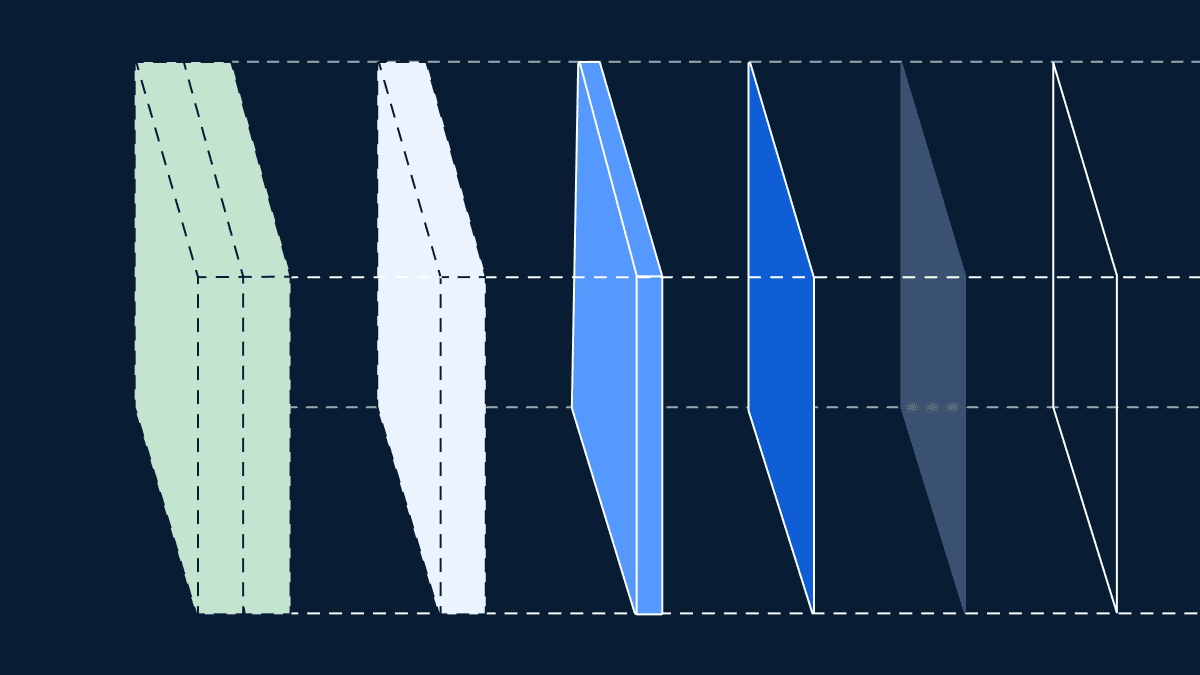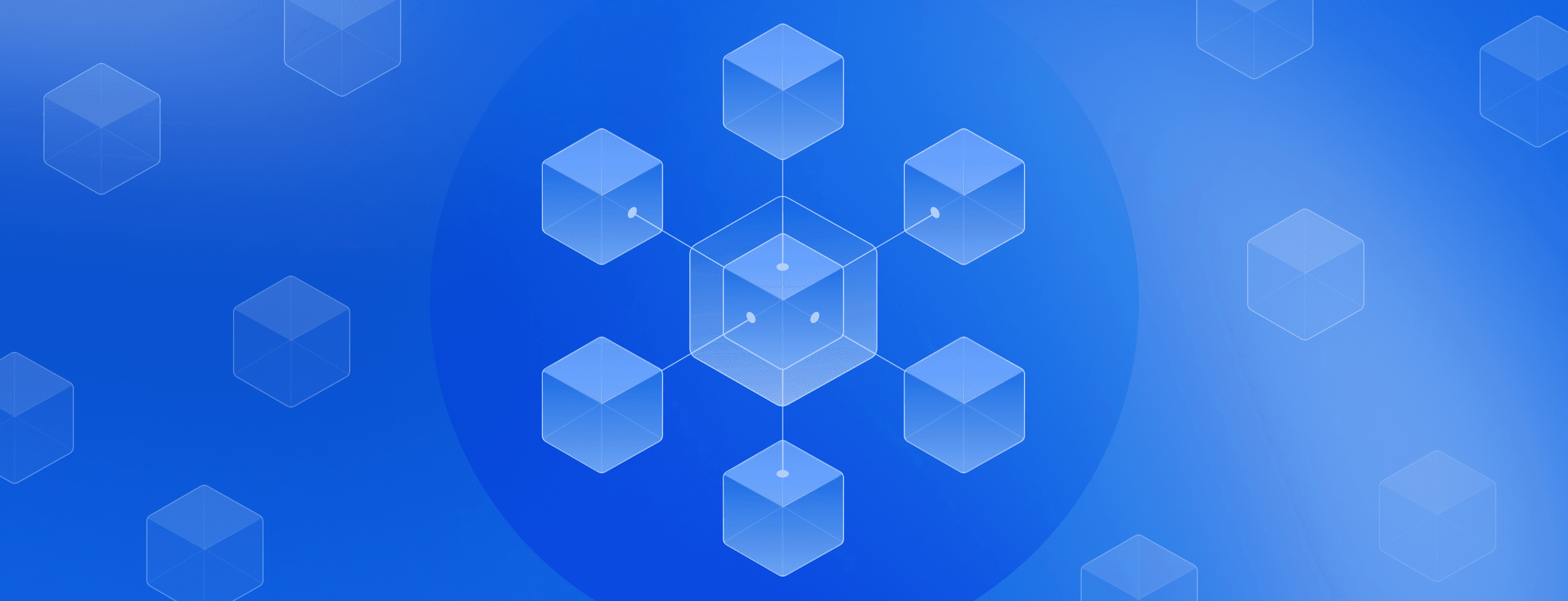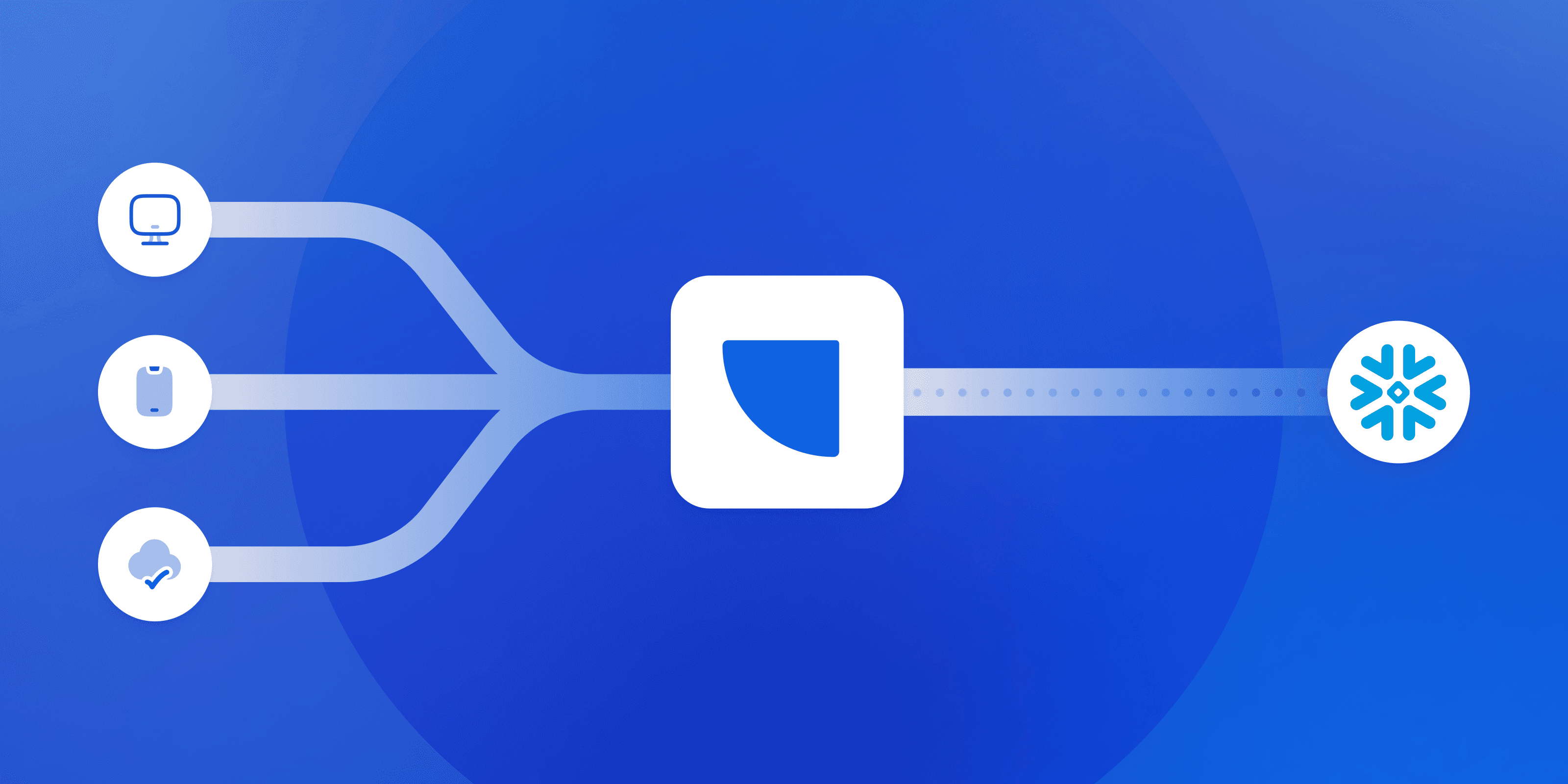Congratulations Transformations Challenge Winners!

Data teams use Transformations to ship data projects faster, secure and build data trust, and quickly adapt to changing business needs. Last month, we launched several powerful new Transformations features that expand its flexibility and usability.
We also held our first ever RudderStack Transformations Challenge, where users competed for prizes by submitting their own transformations to our open source library.
This post will highlight the winning transformations, why we love them, and give you a sneak peek of even more Transformations features coming soon.
🏆 Winning Transformations
To highlight the flexibility of Transformations and the new features available in the Transformations suite, we launched our first ever RudderStack Transformations Challenge.
First, we'd like to thank everyone who participated in this challenge. By submitting your use cases and code, you've provided useful knowledge to the community, helped improve our Transformations feature, and inspired other data professionals with creative solutions to common challenges.
While the steps were simple, providing a useful, innovative, and easy to understand transformation for users to apply to their own projects was no easy feat. Each transformation was evaluated using the following criteria:
- Usability
- Innovation
- Clarity/Documentation
To decide the winners, 4 judges (3 external and one from RudderStack), ranked each submission based on those three criteria. Many thanks to our judges, Max, Satyam, Steve and Emil for their expertise and perspective that brought us to our final list of winners.
We are excited to announce the top 3 winners of our Transformations Challenge, their winning transformations, and the key elements that stood out to the judges and the RudderStack team.
🥉 3rd place: Convert UTC Timestamp to Local Date and Time
by pgiannone33
JAVASCRIPT
View the submission in GitHub here
Category: Data Processing and Enrichment
What it does:
This transformation can be used to dynamically convert an ISO 8601 timestamp to a user's local date and time based on their time zone.
Why we love it:
Same reason we love Transformations - flexibility! Many businesses offer services to users in various geographic regions. Personalizing the experience by adjusting to the local timezone makes it easier for users to schedule actions, such as emails, social media posts, or other interactions. This transformation saves time and effort by avoiding the need to manually convert timestamps from GMT time to the client's local time at each destination.
🥈 2nd place - Filter Bot Traffic
by amiryselim
PYTHON
View the submission in GitHub here
Category: Data Security & Governance
What it does:
This transformation helps filter events that are generated by known bot agents.
Why we love it:
According to Cloudflare, bot traffic accounts for 40% of overall internet traffic. However, many destinations, such as data warehouses, lack the ability to filter out bot traffic. This transformation simplifies the process of obtaining higher quality trusted data, allowing data engineers to spend less time cleaning the data by filtering out those events downstream in the warehouse, data lake or other analytics tools.
🥇 1st place - Properties Schema Validation
by Ioannis Foukarakis, Senior Data Engineer at Mattermost
JAVASCRIPT
View the submission in GitHub here
Category: Security & Governance
What it does:
This transformation enables users to create a data contract that serves as an agreement between engineering teams and the teams responsible for instrumenting events. This contract defines what the event schema should look like.
Why we love it:
One of the biggest pain points for data engineering teams is downstream data quality issues. These issues often arise when the format of the collected data differs from the format of data imported into the data warehouse or cloud destinations. To ensure data consistency across different destinations, users can plan their events and specify what they should look like using data contracts. Transformations provide the flexibility to allow teams to create their own data contracts that define their event schema.
RudderStack users can either build data contracts within transformations or use tracking plans and the data governance API to define event properties and enforce their own imported schema.
Coming soon to Transformations
Over the course of this next year, we will continue to release new Transformations features that are focused on enhancing observability and flexibility.
Here’s a sneak peek of just a few new Transformations releases coming soon:
Real-time error alerting: Identify and debug transformations errors quickly by viewing errors real-time and enrolling in error notifications
Additional Transformations UI improvements: Users will be able to connect to destinations from the Transformations tab in the UI, and see the difference between input vs output payload.
Getting started with Transformations
Over 75% of RudderStack customers use Transformations to simplify their data enrichment, processing, governance, privacy, and custom integration use cases.
To get started, all you need is a RudderStack account. Get started for free or check out our pricing page to find the plan that's right for you.
Published:
April 13, 2023

Data without compromise: The RudderStack story
Learn about how RudderStack started and how it has evolved into a best-in-class data infrastructure solution to help businesses move their customer data with full control and safety.

Snowflake Summit 2025 recap: Launches, live demos, and real-time data
As a proud Snowflake partner, the RudderStack team was excited to be part of the 2025 Summit. This post provides a recap of the activities our team was part of at the event.

Feature launch: Snowflake Streaming integration
With our Snowflake Streaming integration, you can get customer event data from every source into Snowflake faster (and save on your Snowflake bill!). Read the launch blog to learn more.








